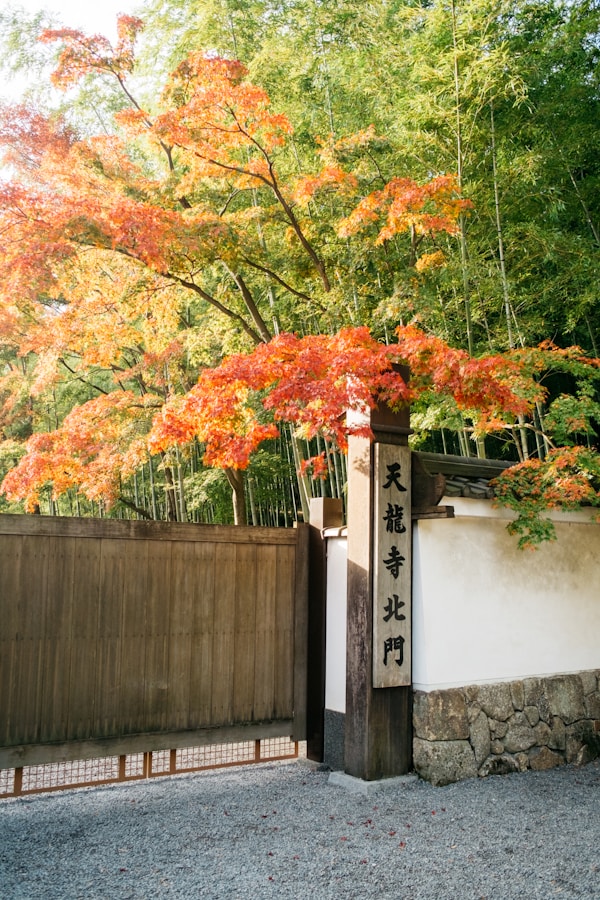.svg)
Google Trends Reveal Spikes in “Japan House for Sale”
.svg)
.svg)
.svg)

Is that akiya haunted? Learn what “jiko bukken” really means, how haunted homes are handled in Japan, and how Old Houses Japan helps you buy wisely—even with ghosts.
.jpg)

The Truth About “Jiko Bukken,” Ghost Stories, and Whether You Should Be Concerned
If you’ve browsed listings for old Japanese homes, you may have come across whispers of something spooky:
Thanks to global interest in abandoned homes (akiya)—and Japan’s deep-rooted spiritual traditions—there’s no shortage of myths, media hype, and genuine curiosity about whether Japanese homes are haunted, cursed, or spiritually off-limits.
So let’s separate fact from fiction and answer the question: Is buying a haunted house in Japan a real risk—or just a rumor?
.jpg)
In Japan, a jiko bukken (事故物件) is a “stigmatized property”—a home where something undesirable happened, such as:
Legally, a jiko bukken isn’t always “haunted.” But culturally, it can be seen as spiritually impure or fūun no ii (unlucky).
More common than you think. Japan has:
As a result, thousands of homes could qualify as “stigmatized”—but they’re not always disclosed unless required by law.
As of 2021, Japan updated its real estate guidelines:
💡 This means it’s possible to buy a house where someone passed away or experienced tragedy—and never know, unless you ask.
1. Ask directly.
Even if not required, many agents will tell you if you inquire politely and clearly.
2. Check Jiko Bukken Maps.
Sites like Oshimaland maintain unofficial databases of stigmatized properties across Japan, based on public reports and user submissions.
3. Ask the neighbors.
In small towns, locals often know the home’s backstory—and are willing to share, especially with foreign buyers they trust.
4. Work with a liaison.
Platforms like Old Houses Japan can help you ask the right questions in Japanese, or request disclosure in writing.
Japan has a rich tradition of ghost stories, spirits (yūrei), and ancestral energy. But belief varies by generation.
Some locals may:
Others, especially younger buyers or foreigners, may not care at all—or even see it as a cool, quirky opportunity.
💬 In fact, jiko bukken homes often sell for 30–50% below market value, simply because of stigma.
Yes. Many people—Japanese and foreign alike—choose to:
These practices are respectful and affordable, and often give peace of mind regardless of belief.
It depends on you.
✅ You might consider it if:
🚫 You might avoid it if:
We help buyers:
Yes, haunted houses exist in Japan—but they’re not always what you think.
Many are simply homes with stories—some sad, some strange, and some that just need a little light.
At Old Houses Japan, we help you find a home that feels right for you—whether or not it comes with a ghost.
Start your journey with Luxey today! Sign up for free and get instant access to the best property listings.



